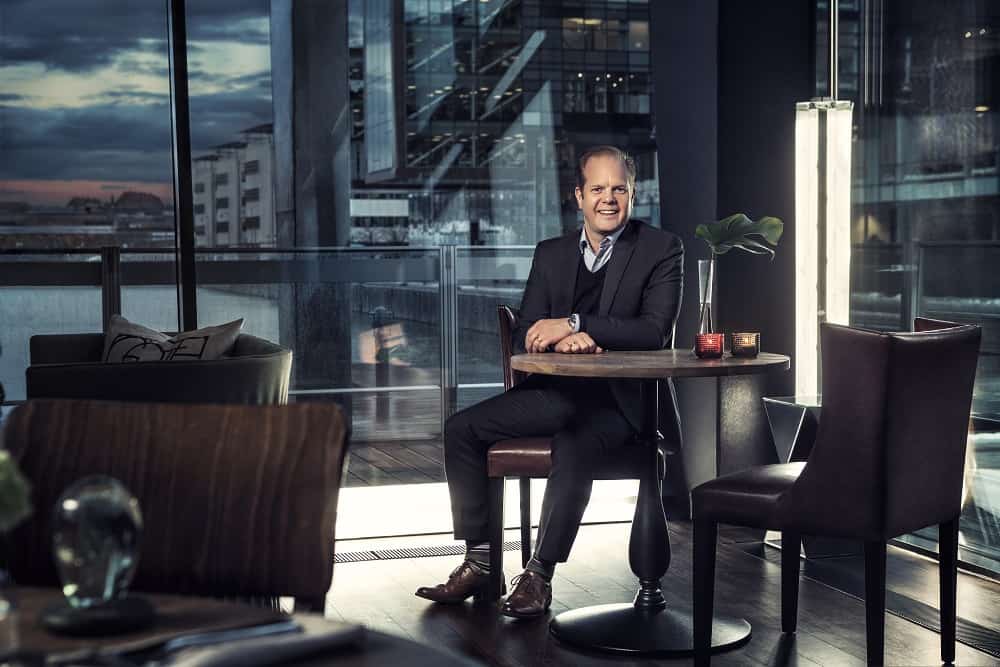Volvo Trucks has started selling its “urban” electric trucks in key European markets.
The manufacturer claims the models, which have no exhaust emissions and reduced noise levels, will help meet the increasing demand for sustainable transport solutions in city environments.
Sales of the Volvo FL (gross vehicle weight 16 tons) and Volvo FE (gross weight 27 tons) have now begun in France, Germany, the Netherlands, Norway, Sweden and Switzerland. The start of serial production is planned for March 2020.
Asked about the rollout of the FL Electric and FE Electric models in more European markets and worldwide, a spokesman for Volvo told FreightWaves that interest was “huge.”
He added, “It is difficult to predict the speed of the development on a global basis. It will depend on customer demand, battery technology and cost, the speed of charging infrastructure development, regional and national legislation and incitements for the industry to change to alternative drivelines, such as electric trucks.”
Volvo has been trialing another “urban” e-truck, the Volvo VNR Electric, in the U.S. this year. That model has been used in distribution, regional-haul and drayage operations in California. Sales of the VNR Electric in North America are scheduled to begin in 2020.
Volvo claims the reduced noise levels of its e-trucks make it possible to carry out deliveries and refuse collection in early mornings or at night, helping to improve transport logistics and reduce congestion during peak hours.
Company officials believe that e-trucks also create new opportunities for city planning and road infrastructure. For example, an e-truck can be used in indoor loading areas and environmental zones.
“Global urbanization requires urban logistics and truck transport with zero emissions and less noise with increasing urgency,” said Jonas Odermalm, Volvo’s Vice President of Product Line Electromobility.
“With the Volvo FL Electric and Volvo FE Electric we are able to meet both the strong environmental demands as well as the high commercial requirements of our customers,” Odermalm stated.

The main challenge for manufacturers is maximizing the payload at the same time as optimizing the driving range.
“Volvo Trucks’ solutions will be based on individual business needs that consider a number of parameters, such as driving cycles, load capacity and route analysis, to use the battery capacity in the most efficient way possible,” said Odermalm.
Volvo FL Electric and Volvo FE Electric were developed in close collaboration with selected customers operating in Gothenburg, Sweden.
“While customer feedback has been positive, we do recognize that charging infrastructure is still under development in most cities and we are working alongside both public and private partners to agree on a long-term strategy for the expansion of charging infrastructure,” Odermalm explained. “But it’s clear that the pace of development of charging infrastructure needs to increase.”
More articles by Mike







